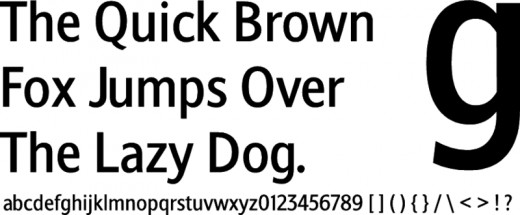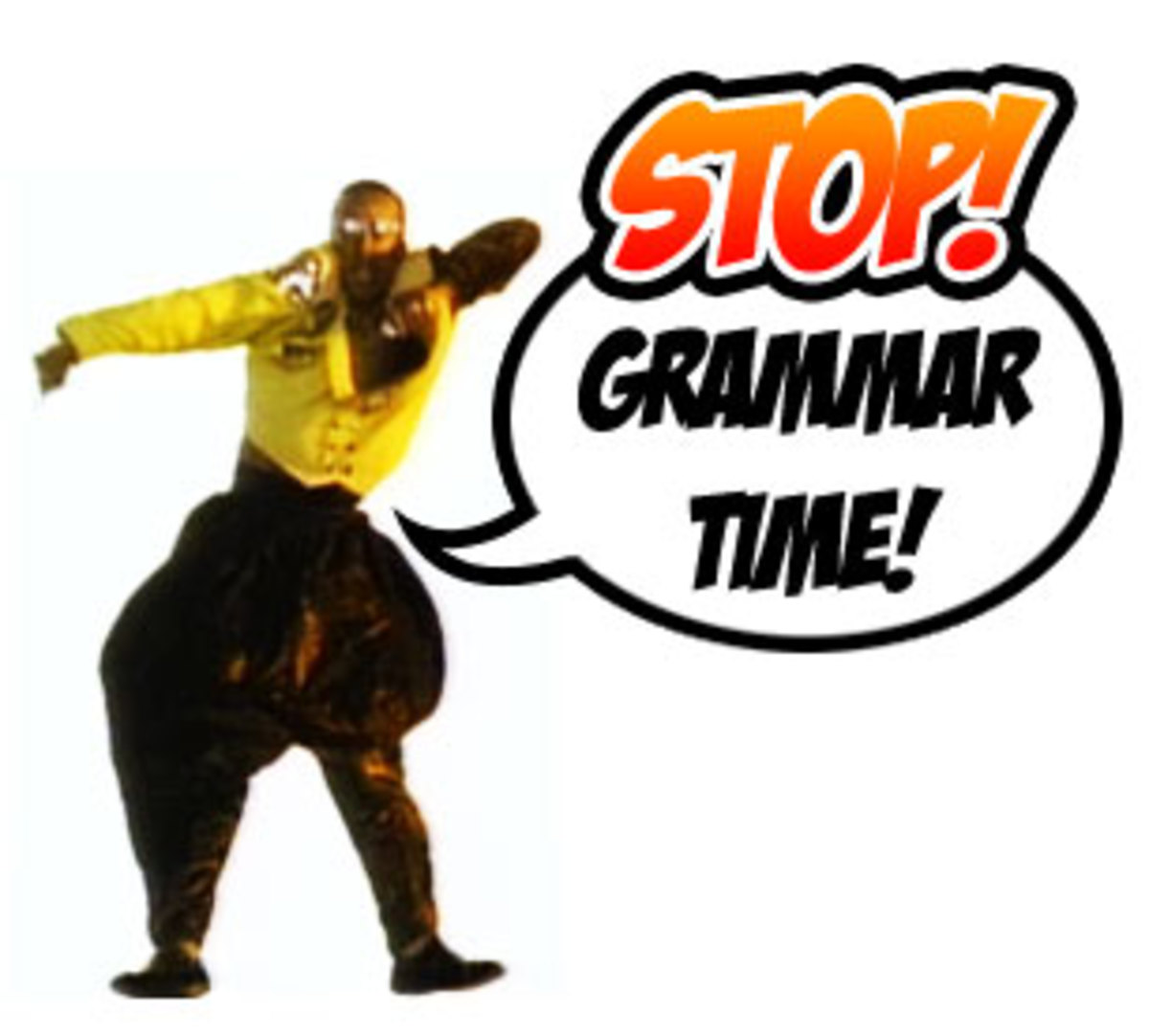Why Don't We Say What We Mean?
Complicated Language
I have been reading a book recently all about the origins of phrases we use in the English Language known as Idioms.
Idioms are phrases that we learn growing up just as we do our ABC's but to a foreigner would just sound like gibberish as the phrases have nothing to do with the actual meanings.
An example I used in a comment the other day was telling someone that I don't have "Green Fingers" what I meant by this was that I am not very good with flowers and growing plants, but why would someone who hasn't heard the phrase before understand that?? It is not as if I have green colored fingers!!
So why don't we just say what we mean in the first place??
Below are a few more examples of how we confuse the language with sayings and phrases that must make English a nightmare to learn for foreigners visiting our country.

Books of Idioms
Do you know the meanings behind phrases?
People tend to forget that when they are talking they often lapse into slang phrases and idioms that others may not understand due to perhaps English being their second language or learning disabilities that make comprehension difficult.
Phrases such as these below are used quite a lot but to a foreigner just wouldn't make the conversation understandable.
- In a pickle - In a mess
- Straight from the horse's mouth - Something heard straight from the source
- It's not worth crying over split milk - not worth crying over something that has already happened
- Like 2 peas in a pod - Two things or people that look the same
- She has green fingers - Someone who can grow things easily when gardening
But we also use abbreviations that come from phrases that we may not even realise where the meanings originated, two words I heard during my childhood that I have since learnt have much stronger meanings than most intend the context to intend are "git" and "berk".
Did you know that where people may use the phrase "he's a little git" and intend to just indicate a child is over mischievous and highly playful are actually insulting the child much more strongly as this is an abbreviation taken from the word illegitimate a word used to indicate a child born out of wedlock which in the past was very much frowned upon unlike society today.
Also calling someone a "berk" considered to simply mean someone who is silly is far from the original meaning taken from a longer cockney rhyming slang phrase "Berkshire Hunt" where the actually meaning of the insult was intended to be a rhyming word of "Hunt" and a much stronger expletive insult to the current use of "Berk" (for those who haven't worked it out replace the H from Hunt with a C).
In conclusion maybe we should all think about what we say before we open our mouths, not everyone will understand us and not everyone will be able to comprehend our meaning or may take our language literally. Telling someone with learning disabilities to "pull their socks up" may not get quite the response you expect!!!
Understanding Idioms and other such phrases can be like learning a foreign language or culture, we should try to remember this.
Other Hubs by Me
- Famous events in 1974 the year I was born
I thought it would be interesting to look into the year I was born and some of the things that happened that year. Not everyone on hubpages wants to openly divulge their age by declaring what year they were...
- Political Correctness gone too far
Political correctness began to eradicate terms of racial, gender, cultural, disability (and many others) use that were deemed offensive. It saw positive changes to begin with that took us away from terms...
- How do you see Heaven?
When I began to think about writing this hubpage and thought about the amount of references there are in daily life to "Heaven" it made me want to look deeper into the way I feel about heaven and whether and...
- Angels watching over me
Angels watching over me My life has just begun A baby in my mothers arms My voice is yet unsung Angels watching over me Into a toddler Ive grown My mothers hand I do not need For I can...









